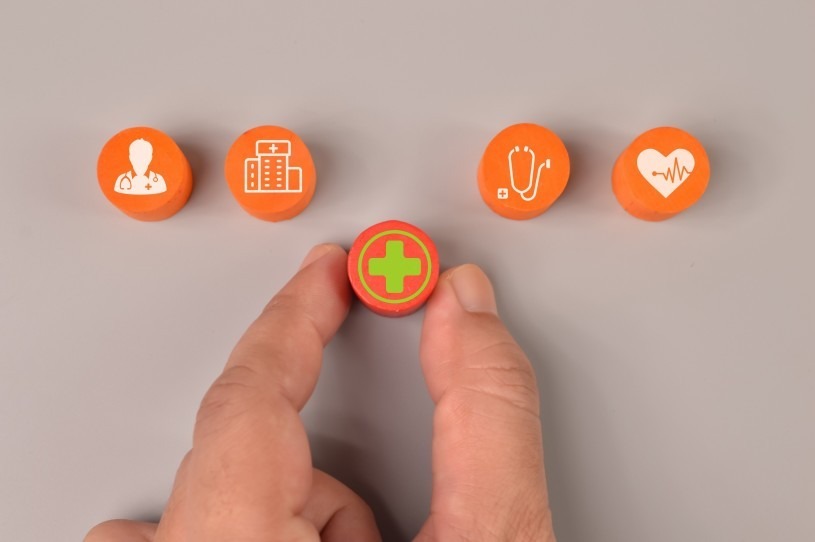Telehealth has revolutionized the healthcare industry, transforming how care is delivered and received. This technology-driven approach enables healthcare professionals to provide medical services remotely, using digital communication tools such as video conferencing, mobile apps, and electronic health records. For the nursing profession, the rise of telehealth presents both opportunities and challenges, reshaping traditional roles and practices. This article explores the significant impact of telehealth on nursing practice, highlighting the ways in which it enhances patient care, expands access to services, and requires new competencies and training for nurses.
Enhancing Patient Care
One of the most profound impacts of telehealth on nursing is its ability to enhance patient care. Telehealth allows nurses to monitor patients’ conditions in real time, particularly those with chronic illnesses or those recovering from surgery. Remote monitoring devices can track vital signs, medication adherence, and other health indicators, providing nurses with continuous data that informs care decisions. This real-time monitoring is crucial in preventing complications, detecting early warning signs of deterioration, and ensuring timely interventions.
Additionally, telehealth facilitates frequent and convenient communication between nurses and patients. Virtual consultations allow nurses to educate patients about their health conditions, discuss treatment plans, and answer questions, all from the comfort of the patient’s home. This level of accessibility is particularly beneficial for patients in rural or underserved areas, who may otherwise face barriers to accessing healthcare services.
Expanding Access to Services
Telehealth significantly expands access to healthcare services, addressing geographical and logistical barriers that can limit patient care. For nurses, this means reaching a broader patient population, including those in remote or rural areas, elderly patients, or individuals with mobility issues. Telehealth also supports continuity of care for patients who may struggle to attend in-person appointments due to transportation challenges or scheduling conflicts.
The expanded reach of telehealth also extends to specialized nursing services, such as mental health support, chronic disease management, and palliative care. Nurses can provide these services virtually, ensuring that patients receive consistent and specialized care regardless of their location. This expansion of services is a critical component of modern healthcare systems, particularly in managing population health and reducing healthcare disparities.
New Competencies and Training Requirements
The integration of telehealth into nursing practice requires new competencies and skills. Nurses must be adept at using digital tools and technologies, from teleconferencing software to electronic health records. This shift necessitates additional training in areas such as digital literacy, cybersecurity, and telehealth-specific communication skills. Nurses must also learn to conduct virtual assessments, which can differ significantly from in-person evaluations.
Educational institutions and healthcare organizations are increasingly incorporating telehealth training into their curricula and professional development programs. Online nursing degree programs, for example, now often include coursework on telehealth, preparing future nurses to navigate the technological and clinical aspects of remote care. This training ensures that nurses are equipped to deliver high-quality care in a digital environment, maintaining patient safety and confidentiality.
Challenges and Considerations
While telehealth offers numerous benefits, it also presents challenges that need to be addressed. Issues such as patient privacy, data security, and the digital divide can impact the effectiveness of telehealth services. Nurses must be vigilant in protecting patient information and ensuring secure communication channels. Additionally, not all patients may have access to the necessary technology or internet connectivity, which can create inequities in care delivery.
Moreover, the shift to telehealth requires adjustments in clinical workflows and collaboration among healthcare team members. Nurses must adapt to new forms of communication and coordination, ensuring that care is integrated and cohesive across virtual and in-person settings.
Conclusion
Telehealth has significantly impacted nursing practice, offering new opportunities to enhance patient care, expand access to services, and develop specialized competencies. As telehealth continues to evolve, nurses play a crucial role in its implementation and success. By embracing technology and adapting to new ways of delivering care, nurses can continue to meet the changing needs of patients in an increasingly digital world. Programs are instrumental in equipping nurses with the skills necessary to excel in this innovative landscape, ensuring that they remain at the forefront of healthcare delivery.
Keep an eye for more news & updates on Vents Breaking!

